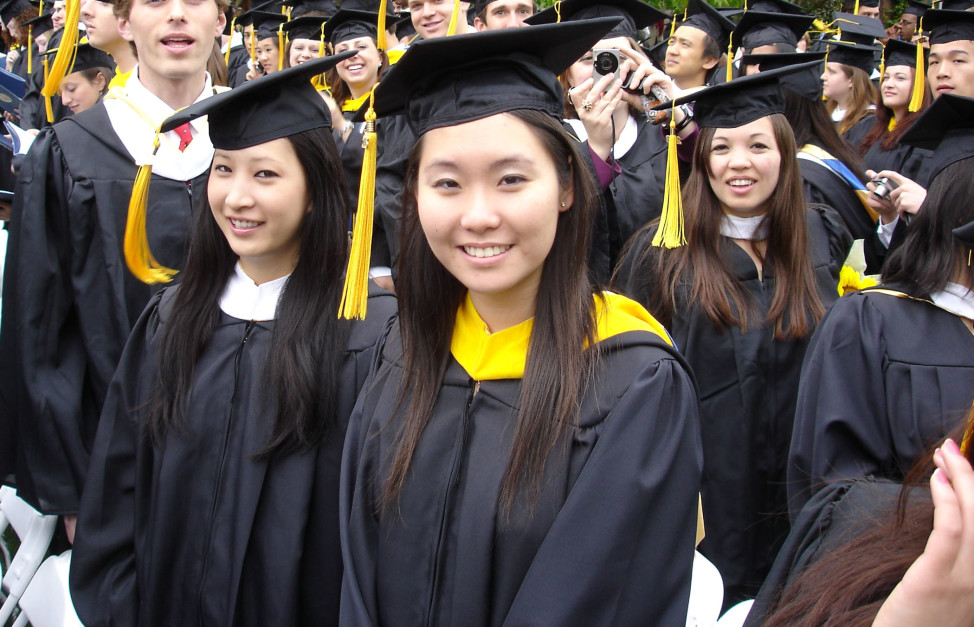Atlanta and Anti-Asian Hate Crimes
by Gary Fouse

Last week’s horrific shooting spree in Atlanta that targeted three massage parlors and killed 8 people, has put the topic of anti-Asian bias under the spotlight. In the past year, anti-Asian hate crimes have spiked, and much of it is believed to have resulted from the Covid pandemic, which originated in China. The bias crime narrative continues to surround the Atlanta shootings even though the suspect has reportedly told police he was acting out of anger over his addiction to sex.
Whatever the true motive, the topic of anti-Asian bigotry is of concern to me because of my life-long connections to Asian-Americans and Asian people in general. I grew up in West Los Angeles, and we had a large number of Asian-American kids in our schools, principally Japanese-American. This was back in the 1960s, with World War II only 20 years removed, and, yet, the Japanese-American kids were very popular in school. The term, “Buddha head,” was used affectionately and used by the Japanese-American kids as well. As a young man, I frequented a Japanese-American church in Culver City, and later, spent three years in Thailand with DEA. I speak Thai and am very much attached to the Thai culture.
In the years I was teaching English as a second language at the University of California at Irvine, many of our students were from Asia, and the campus population as a whole was and still is largely Asian-American. I know I have written many negative articles about anti-Semitic expression at UCI, overwhelmingly as a result of the anti-Israel, pro-Palestinian movement, but the Asian-American student population at UCI has had nothing to do with that.
One thing I did notice along with the growing anti-Semitism and anti-whiteness feeling on campus was a certain degree of resentment that so many students, particularly in California universities, were Asian-American. That has resulted in many schools trying to find ways to reduce the Asian-American percentage in favor of more students from underrepresented minorities. That troubles me because I am a firm believer in meritocracy, and I also believe that the Asian-American kids tend to do so well scholastically largely due to the importance Asians have historically put on education, as well as parental involvement in their children’s schooling.
I run the risk here of drifting into the “model minority” narrative, and I know that this designation troubles many Asian-Americans because it is a stereotype, albeit a positive one, and because it pits them against other minorities. In addition, there are cultural disparities among Asians of Japanese, Korean, Filipino, Thai, Vietnamese etc. descent, which are not immediately apparent to those unfamiliar with Asia.
But the reality here is that anti-Asian feeling is on the rise, probably for a variety of reasons, none of which are valid. It should also be pointed out (though many will not) that while the Atlanta attacker is white, the perpetrators of anti-Asian crimes cut across ethnic lines. We must counter this trend with the same determination as we counter other types of bias. It should not matter who the victims are or who the perpetrators are. It is all wrong, particularly when human lives are taken.
Hopefully, in the coming days, we will get a clearer picture of the motives of the Atlanta killer. If he acted out of bias, we need to know that, if, for nothing else, Asians know of the risks out there. If it was all about sex addiction, it adds to the growing concern we have over a mental health crisis that plagues our society. If, by chance, it was related to the Covid virus, we can be angry at China the country, and the Chinese government without blaming it on Chinese or Asian people. Those who attack Asians do so because they don’t know them. Take the time to get to know them, and that bias will disappear. In the meantime, may God protect them from harm.